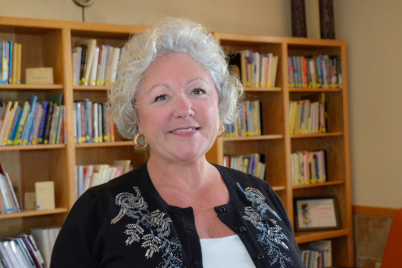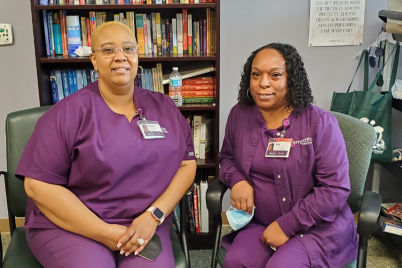Coffee disrupts your normal bodily functions by constricting your blood vessels, causing abnormally fast or irregular heartbeats. It is also known for increasing blood pressure, which leads to constant stress and puts a person with chronic high blood pressure at increased risk for stroke.
BY SHARLENE EDWARDS, MPH, RN, CIC, Health & Wellness Coach
A hot cup of coffee with the morning sunshine sounds so revitalizing. We all know someone that needs coffee to live and lives for a good cup of coffee, and that someone may even be you.
Truth is that today’s coffee is light years beyond our grandmother’s instant Folgers. The love of coffee and the coffee drinking culture is more than just about a hot or cold brew that tastes good; instead, it speaks volumes about our need, obsession, and addiction to caffeine. We all have this fixed idea that only coffee contains caffeine, but that is not the case. Beverages like soda, sweets like chocolate, and even some teas contain caffeine.
Caffeinated food and drinks can keep you awake and help burn that midnight oil in time of need. Coffee shops have now become a matter for social gatherings. Energy drinks are now considered as one of your close friends as it has helped you sit up late at night and clear those grueling papers or projects. With all the usefulness one can think of, we also happen to know that these caffeine-containing items are not the best for your health.
Now for the bad news, while having caffeine can give you energy and make it feel alert, it is the aftermath and the harmful effects it has on your health that you should be most worried about. Caffeine is a stimulus that affects your central nervous system by stressing the hormones in the bloodstream and keeping you alert and awake whenever you have it.
This unnatural way of staying alert takes a toll on your body. It disrupts your normal functions by constricting your blood vessels, causing abnormally fast or irregular heartbeats. It is also known for increasing blood pressure, leading to constant stress, and putting a person with chronic high blood pressure at increased risk for stroke.
There are also increased chances of heart disease as well as pancreatic and bladder cancer, which we all know can be fatal. In addition, long-term coffee intake can cause stomach ulcers due to the high acidity and cause loss of calcium.
Worst yet, caffeine, which has been freely used in most beverages, is often paired with high sugar contents, creating addiction among children and a sure path to obesity and excess weight.
Long-term caffeine intake creates an addictive response, and kicking the habit can be just as difficult as someone trying to kick a smoking habit or alcohol addiction. If you suddenly decide to quit cold turkey after years of consuming caffeine at high levels, you will certainly face caffeine withdrawal symptoms that can be anything from a headache, irritability, fatigue, constipation, lack of appetite, lack of concentration, to even forgetfulness.
The idea to quit caffeine should be planned out with a slow and gradual process. Understand why and in what situations you feel the need to have coffee, soda, or that energy drink. Try replacement; maybe you like the taste of coffee paired with your favorite creamer, go for decaf instead. Perhaps you just like the fizz of soda in your mouth; try a decaf version or maybe a bubbly water instead.
Your taste buds will eventually get used to it, and your body will love you more for deciding to change.
 Sharlene Edwards, aka Nurse Shar, is a public health practitioner and community advocate with a master’s degree in public health epidemiology. For more blog posts, visit www.mybetterlivingllc.com.
Sharlene Edwards, aka Nurse Shar, is a public health practitioner and community advocate with a master’s degree in public health epidemiology. For more blog posts, visit www.mybetterlivingllc.com.








